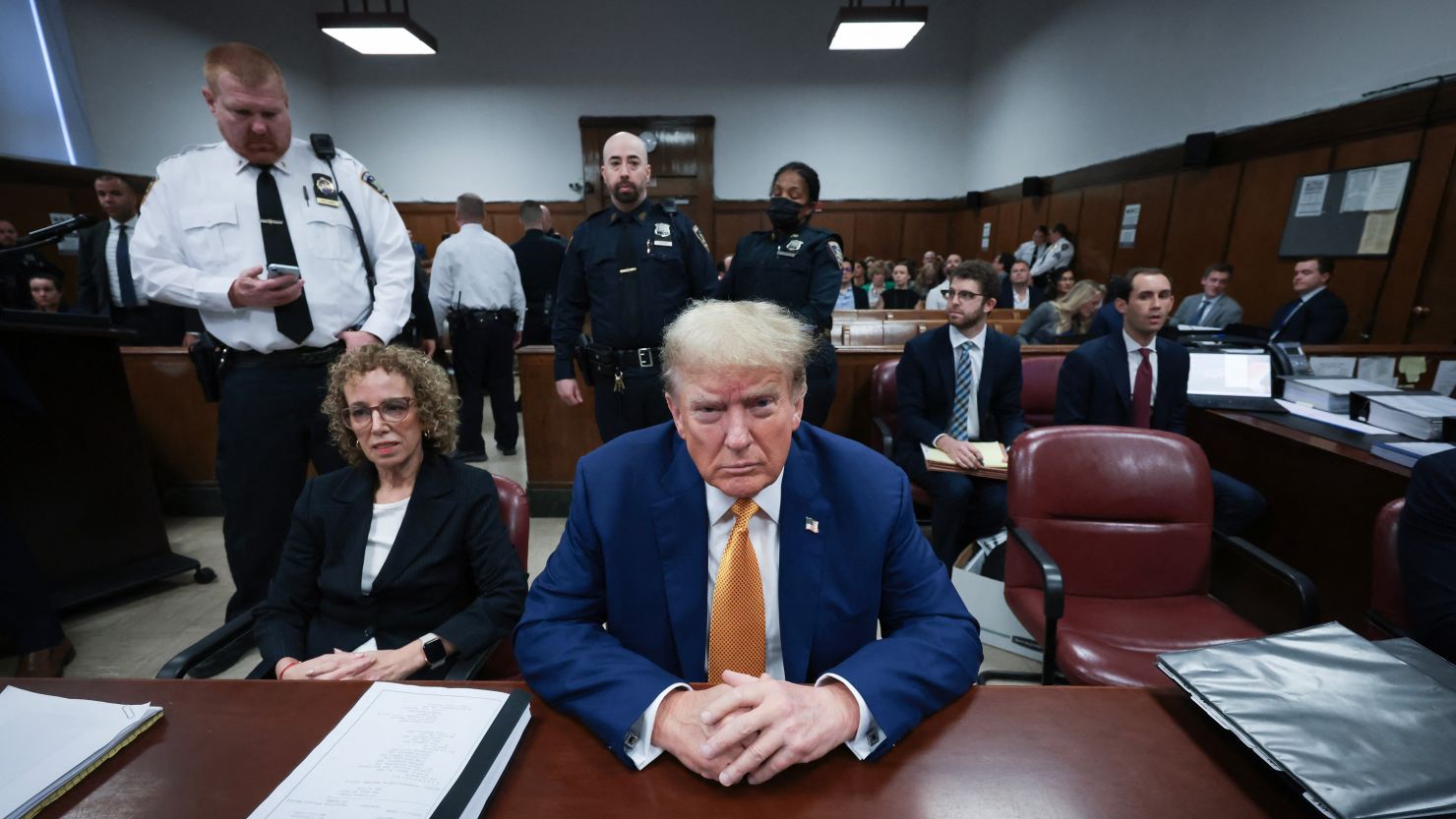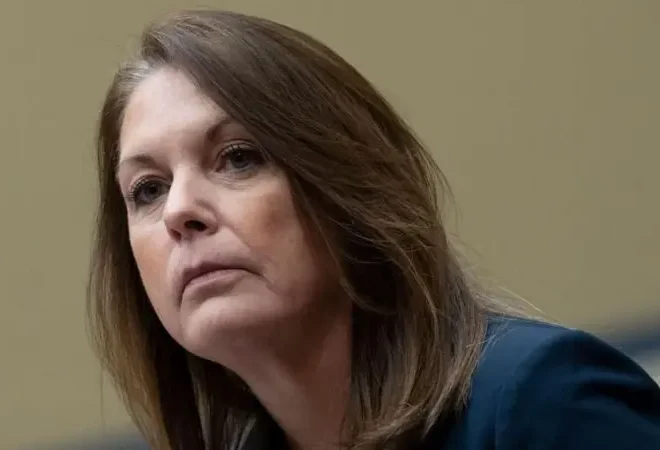
Trump Becomes First Former US President Convicted of a Crime
Donald Trump has become the first former US president ever convicted of a crime. A New York jury found him guilty of all 34 counts of falsifying business records to hide a payment to silence porn star Stormy Daniels. Although he could theoretically face four years in prison for each count, he is more likely to get probation.
Trump, now 77 years old, was released without bail and can still run for president in the upcoming election, even if he goes to prison. He responded to the verdict by calling himself “a very innocent man” and saying the trial was “rigged” and a “disgrace.”
President Joe Biden’s campaign stated that the trial showed “no one is above the law” and that Trump poses a significant threat to democracy. The judge set Trump’s sentencing for July 11, just days before the Republican National Convention where Trump is expected to receive the party’s nomination.
The jury deliberated for over 11 hours before reaching a unanimous decision. Their identities were kept secret due to the high-profile nature of the case. Trump also faces other charges related to the 2020 election and keeping secret documents, but those trials are not expected to start before the next presidential election.
The case revolved around Trump’s lawyer, Michael Cohen, paying $130,000 to Stormy Daniels just before the 2016 election to keep her from revealing a sexual encounter she claims to have had with Trump. Trump denied any sexual encounter and did not testify. His lawyers argued that the payments were legal.
Despite the trial, Trump has continued his campaign to unseat Biden, using the media attention to his advantage. After the verdict, his campaign sent out a fundraising appeal and announced that he would make a public statement.
Political analysts suggest the conviction might not significantly change many votes, but it could influence tight races. As a first-time convict, Trump is likely to get probation and will appeal the verdict, which could take months.
If Trump wins the presidency again, he cannot pardon himself for this state case; only the governor of New York could do that.



